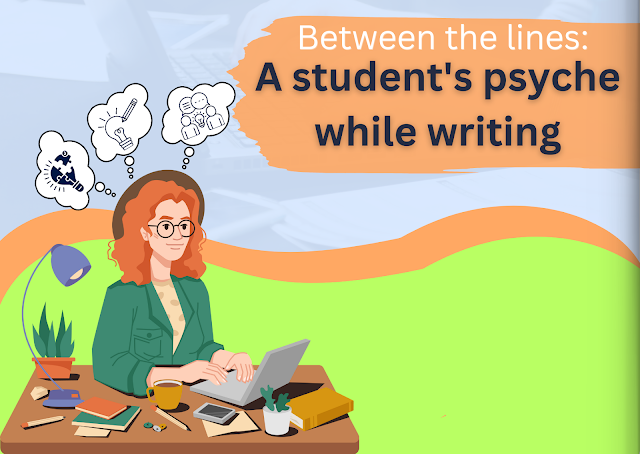
Undergraduate students use ChatGPT massively. In the article “I am a student. You have no idea how much we are using ChatGPT.”, Owen K. Terry describes how undergraduate students rely largely on ChatGPT ( The Chronicles of Higher Education, 2023 ). Terry, an undergraduate student at Columbia University, suggests that if education systems are to continue teaching students how to think, they need to shift to AI-proof assignments like oral exams and in-class writing. Yes, many educators who are tired of facing plagiarism may agree that oral exams, also known as “viva” exams, can be the ultimate tool to force students to study. In fact, most universities and colleges in Asia, including top science and engineering schools, have oral exams included in their final assessments; however, only educators who have tried this understand how exhausting it can be. Interviewing every single student in a class, even if it is once a semester, is no joke. Despite these challenges, some educators have fo...



.png)



.png)

